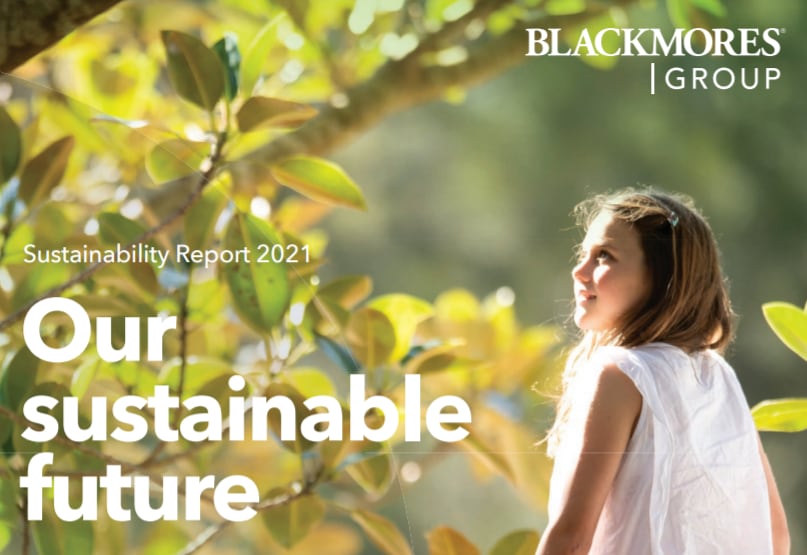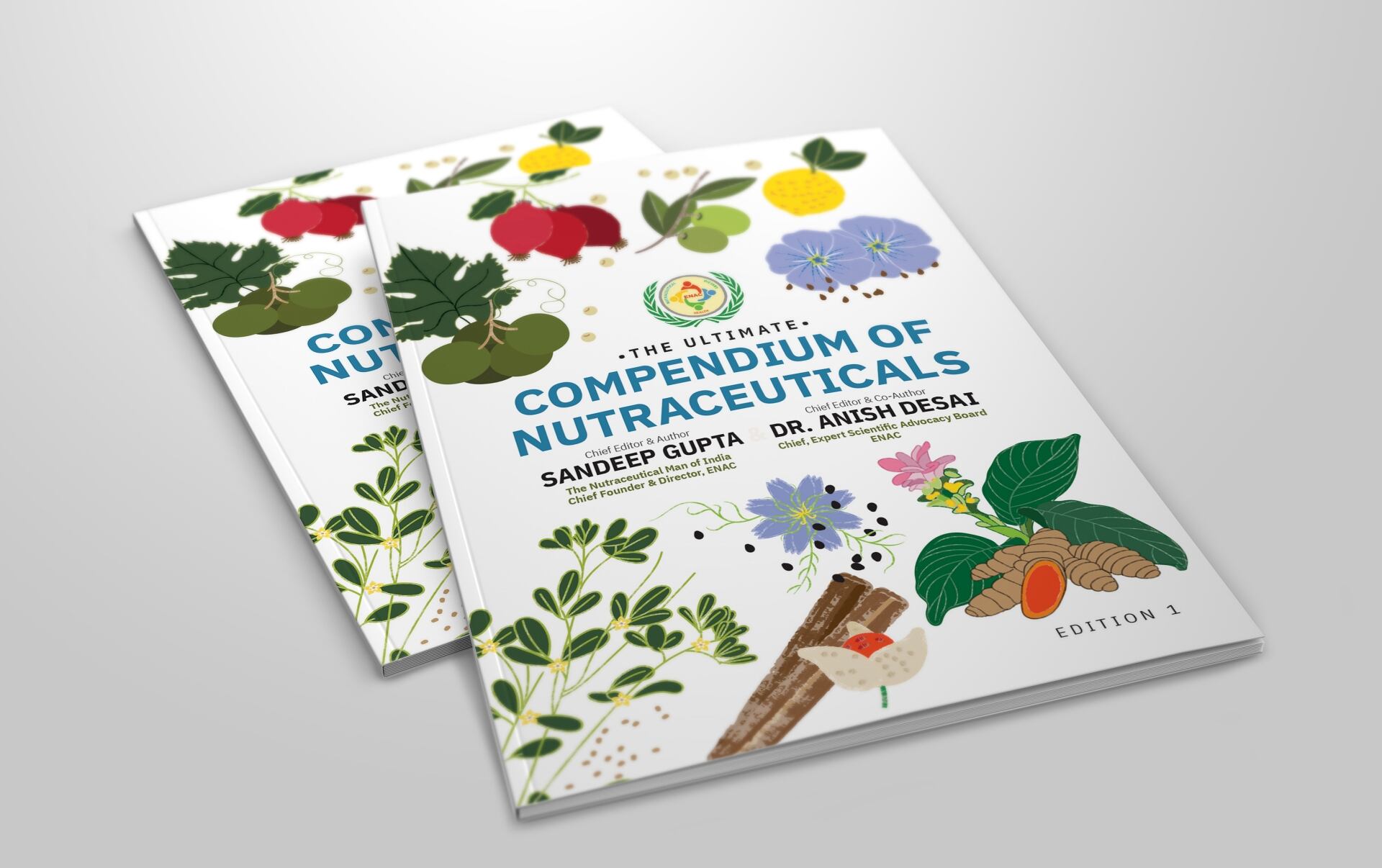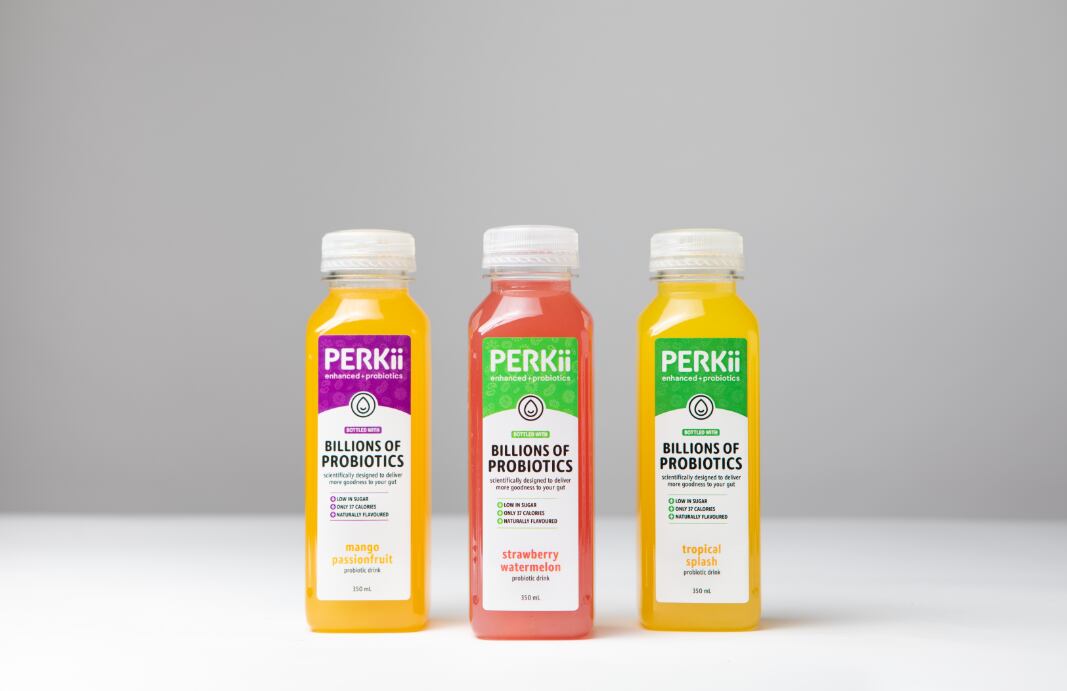The company recently published its Sustainability Report for the 12 months to June 2021, detailing how it has performed against a raft of benchmarks, including its ambition to achieve net zero carbon emissions by 2030.
Here are the headline findings:
The road to net zero: On paper, a modest 1% reduction in total group carbon emissions doesn’t seem overly impressive. However, this is the first year the firm has reported a full year of emissions relating to a manufacturing facility at Braeside in Victoria, which it acquired in October 2019. As the company states: “The Net Zero Carbon by 2030 initiatives have already facilitated a 24.7% reduction in the group’s footprint trajectory compared to the prior year, had the Net Zero pathway not progressed.”
Furthermore, 25% of energy is now from renewable sources, up from 8% the prior year, and 6% of the corporate fleet is now hybrid vehicles.
Blackmores CEO Alastair Symington wrote: “In the first year since committing to Net Zero Carbon Emissions by 2030, we have taken clear steps to address our greenhouse gas emissions impact. This is the first year we have reported a full year of emissions relating to the manufacturing facility at Braeside in Victoria which we acquired in October 2019. Even with this increased activity, overall emissions remained broadly in line with our prior corresponding report as a result of the first interventions that are part of our pathway towards the Net Zero goal. Group manufacturing emissions intensity was down 17% compared to the prior year which is a good indicator of our underlying progress.”
Packaging progress: The Australasia Recycling Label - an evidence-based system for Australia and New Zealand that provides recycling information - was added to a further 115 products and now appears on 51% of Australian and New Zealand products. This has already exceeded the company’s 2025 target. Blackmores states it has also undertaken its first comprehensive group packaging audit, confirming more than 98% of current packaging is recyclable, and affirmed its commitment to 100% recyclable packaging by 2025.
In addition, a waste optimisation project at the Braeside manufacturing facility removed 3.5 metric tonnes of cardboard and 780kg of plastic bags from its processes.
Symington added: “Even though more than 98% of our current packaging footprint is recyclable, there’s more work to be done to achieve our vision for 100% recyclability and to contribute to a circular economy where we are more conscious of our resource footprint without compromising our product quality.”
Supply chain and human rights: Blackmores reports that it has now completed a sustainability risk assessments on 100% of raw material, packaging, packing and contract manufacturing suppliers. It has engaged 41% of Tier 1 direct suppliers in its 'Partnering for Adaptation Programme to collaborate on climate risk and biodiversity impacts. More than 340 human rights training modules have been completed to boost employee capability and awareness, and the firm has published its first Modern Slavery Statement. It has also improved Board diversity with more than 60% female representation.
Symington said: “This year we have developed a financial model to enable us to quantify the risk assessment in relation to our supply chain , which will enable us to prioritise our sustainable sourcing initiatives and improve our climate-related disclosures in future reports. As we deepened our understanding of the impact of climate change on the ingredients we source, it was evident that we also needed to develop a framework for understanding biodiversity impacts in our supply chain, and we were pleased to take the first steps this year towards that goal.”
Waste woes and other challenges: The major problems highlighted in the report concern waste management. Waste diversion from landfill declined to 48%, down from 68% in the prior period, largely as a result of the need to find an alternative outcome for coloured gelatin waste. The company also identified extending its emissions and safety reporting across all regions as a future focus.
Symington added: “This progress has not been without challenges, with our waste diversion from landfill declining significantly because of changes to the waste export market.”
Blackmores’ Board chair Anna Templeman-Jones added: “The Board will be focused in the coming year on supporting management’s extension of our human rights program – Partnering for People – to assess and address the risk of modern slavery in our supply chain and to extend the programme to understand climate change and biodiversity impacts also.
“The most recent scientific assessment on climate change released last month by the Intergovernmental Panel on Climate Change (IPCC), was a timely reminder on the importance of our focus on achieving Net Zero Emissions by 2030 and continuing to assess changes to the physical environment on our operations. We will continue to be transparent in our approach to disclosing the potential impacts of climate change, guided by the recommendations of the Task Force on Climate related Financial Disclosures.”





